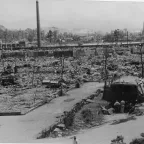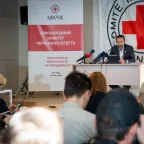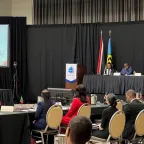ICRC president statement to the Regional Conference on the Social and Humanitarian Impact of Autonomous Weapons, Costa Rica
… Social and Humanitarian Impact of Autonomous Weapons, San José, Costa Rica, 23–24 February … The unconstrained use of autonomous weapons risks the loss of control over the use … such as the Treaty on the Prohibition of Nuclear Weapons and the Arms Trade Treaty. You …







